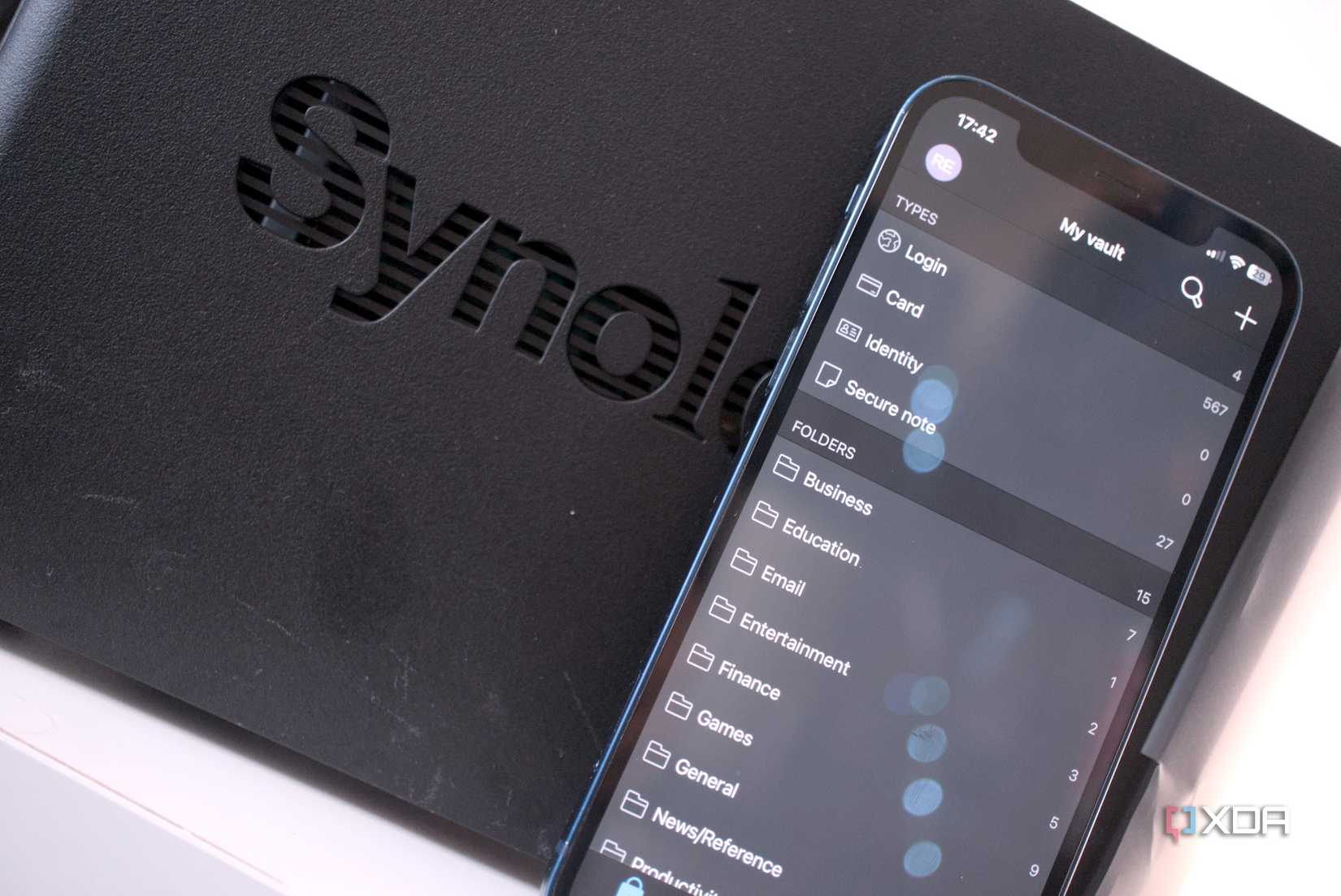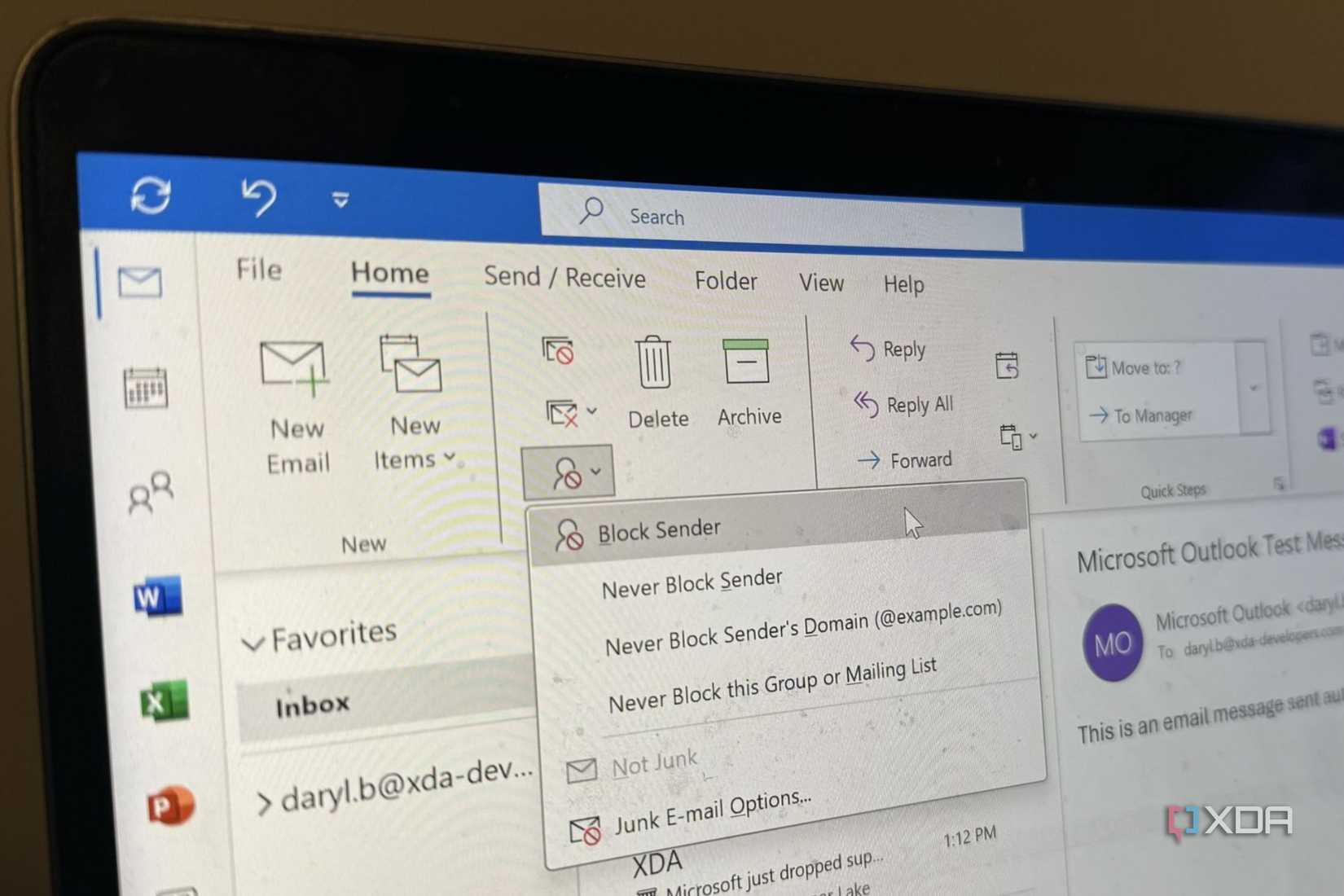I love the idea of self-hosting all my apps and services. Not being reliant on commercial cloud services is a dream. The idea of cutting out big tech, taking back control and running my own slice of the internet from my own server excites me. It smells of freedom. No subscriptions or being tied to terms and conditions, or being at the back and call of a third party service's uptimes. All that sounds incredible, but it isn't how it always pans out. When you're running a self-hosted stack, you're the IT guy, you're the support and you're the maintenance. Updates break things, usually at the worst possible time, services become unreliable, and you're spending more time fixing things than enjoying them. I've tried enough self-hosted apps to know that some are simply not worth the effort to me and maybe to you. These are the four self-hosted services that I regret trying to rely on the most.
4 Bitwarden
Password management needs rock-solid reliability

On paper, self-hosting Bitwarden sounds like the best possible move for security. When it comes to passwords, I shouldn't have to trust a third-party company's servers. It's easy enough to self-host and I made sure that I secured my vault as best as I could. But that's the issue. I'm not a security expert and every update was a potential security crisis. If a browser extension stopped syncing, and often it did, I had to take out the time to figure out why, instead of just logging into the website I was trying to check out. If there was a vulnerability, it was my headache to ensure the patches were applied, or I'd risk putting my entire digital presence at risk. The convenience of password managers comes from being secure workhorses that are always available. Once you've committed to one, you don't think all that much about them until you need them. Meanwhile, a self-hosted version becomes a liability. It demands constant awareness and attention, which is the exact opposite of what I want from a tool that is supposed to make life easier. After a few scares where software updates went sideways and syncing completely stopped working on my phone, I just went back and switched over to the cloud-hosted version out of frustration.
3 Nextcloud
Sync conflicts, sluggish performance, and upgrade issues
I know Nextcloud gets a lot of love in the self-hosted community, but it's one service that nearly broke me. On paper, it's everything you could want. An all-in-one productivity app if you will. It does everything from file syncing to document editing, calendars, contact sync. Basically, the works. But, trust me, it's no Google Drive alternative. I was spending more time solving sync conflicts between devices than uploading files. Performance wasn't great either. And trying to upgrade the system resulted in too much of downtime. In fact, I've had to spend entire weekends diagnosing and fixing database issues when I could have been getting stuff done instead. Despite its popularity, Nextcloud was clearly not for me. Since then, I've switched over to a combination of cloud-first services, as well as my Synology NAS drive's built-in apps. They might not be as feature complete, but atleast they work.
2 Jellyfin
If you want simplicity and ease of access, Plex still wins

This one's going to be controversial. I really wanted to rely on Jellyfin, and I almost did. The service is close to perfect. I'm all aboard the idea of a free and open-source self-hosted media server that can stream my media collection anywhere I want. Except it just didn't work all that well for me. I watch a lot of off-beat cinema and Jellyfin's metadata scraping wasn't up to scratch for me. Transcoding files often got stuck. But the worst offender was remote access. I need a reliable solution and Jellyfin can't match Plex's simplicity when you're trying to share media with family members who aren't tech nerds. Even though Jellyfin worked, it just required too much hand holding from me to be worth my time.
1 Self-hosted email
It's a losing battle

I thought I was adept at self-hosting. That's before I tried to self-host email. It didn't take me long to get a crash course in the nitty gritties of DMARC, SPF and DKIM. Let's just say, it was way above my paygrade. Moreover, the technical side is just the beginning of self-hosting email. Even if you cross that hurdle, there's the challenge of spam filters and deliverability. With the sheer amount of spam on the internet, most large providers like Google and Microsoft will outright deny your email. It's all too easy to land up on an email block list as well if you've misconfigured your server accidently. Email is one of those services that I simply cannot afford to have going down, and I quickly came back running to my Google Workspace subscription.
There's a time to self-host, and a time to step aside
Self-hosting is great. I live and breathe it every day and a very significant portion of my tech stack is still self-hosted. But not everything is worth running on your own. When you need absolute reliability, like say emails and passwords access, it's probably a good idea to let the experts handle the job. I'd still recommend spinning up an instance to tinker around and learn. There's a lot of knowledge to be gained. But I don't think I'd ever switch back to self-hosting any of these services again.
.png)











 English (US) ·
English (US) ·